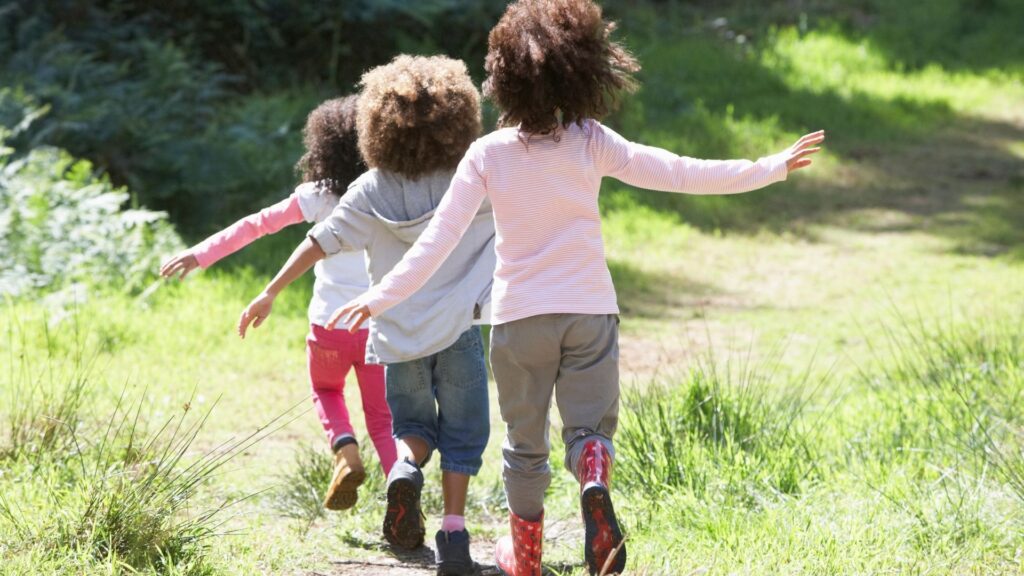
When it Comes to Children, Every Precaution Counts
When you have a really active child or children, it is said that you need eyes behind your back. You’ve probably encountered a high-energy child, whether you have one or know one. These kids are usually quite active. Distractions such as literature and television rarely work. They play regularly and occasionally rough. They appear to have no boundaries.
Of course, some parents struggle to manage and parent hyperactive children. They are frequently labeled as “difficult,” with their behavior described as “unruly” or “problematic.” High-energy children, on the other hand, are simply built differently. There is nothing wrong with having or being a kid who is active. You must, nevertheless, maintain a state of constant vigilance. The hyperactive kids aren’t the only ones who cause trouble. An even level-headed child can yet encounter issues such as poisoning.
A parent’s worst nightmare is having reason to believe their child has been poisoned. Some people freak out because they don’t know what to do. Even though parents likely have some idea of how to handle such a situation, they may be wary of actually doing so.
Although experts on child behavior may stress the importance of preventing such incidents, any parent would want to know how to respond appropriately if the unthinkable were to happen to their child. If you read on, you’ll find advice from medical professionals in the Sirwiss network who are experts in managing child poisoning.
Poisoning and Child Safety
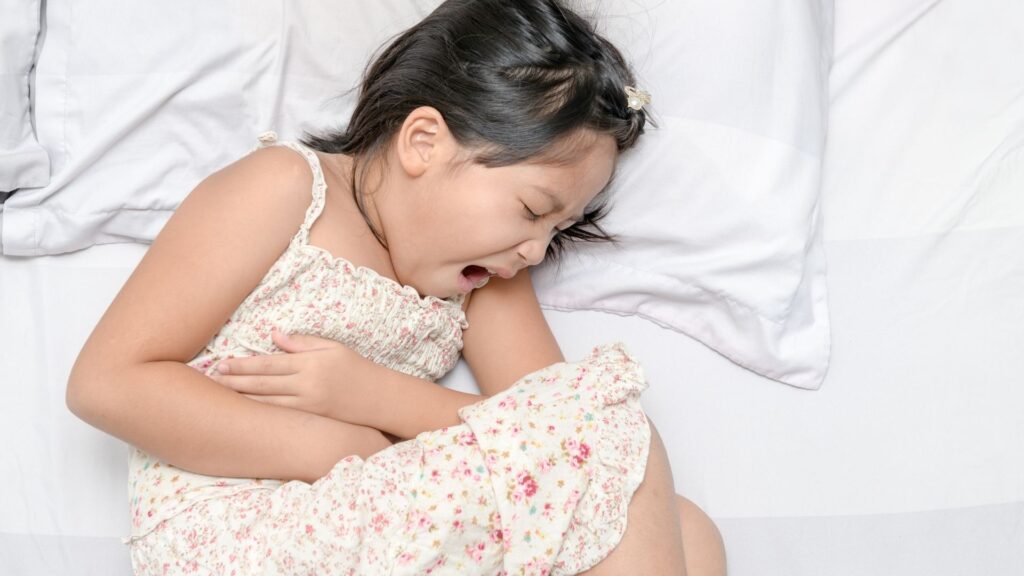
The age group between one and three years old has the highest rate of accidental poisoning. Normal, healthy child development includes exploratory play. Babies and toddlers discover the world around them through play, exploring by touching, smelling, tasting, and even swallowing new objects. Poisoning can occur when a child ingests, touches, inhales, or even just comes into contact with a toxic material. Inappropriate dosing or administration of the wrong medication is another common cause of poisoning in children. Before giving any medication to a child, make sure you’ve checked the recommended age range and dosage.
In general, children under the age of eight cannot distinguish between safe and unsafe situations. You should ensure your house is child proofed. Avoid assuming your kid has the cognitive capacity to comprehend safety tips. Children can still be poisoned, even if parents warn them not to use a certain element. Do not wait for symptoms to appear if you suspect a child has been poisoned or given the wrong drug or an improper dose of medicine.
Unexpected Poisoning Situations
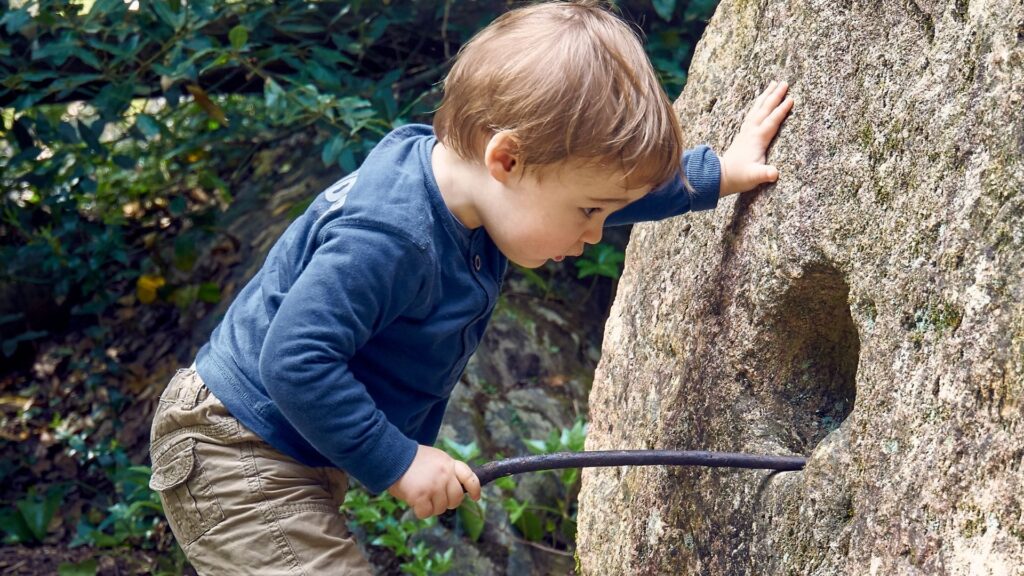
Most poisonings of children happen at home, but they can also happen when they are with family or friends or on vacation. Poison can be consumed, sprayed or splashed in the eyes, or breathed in.
Children are often poisoned by things that are left out and easy for them to get to, such as:
- On a bench or table, ready to be used
- In visitors’ bags (for example, medicines)
- In bedside tables.
But don’t think that high cabinets are safe because kids learn to climb to get to stuff. The best place to store things is in a locked storage. Your child could also get sick from plants or mushrooms in the yard.
Common Household Poisons
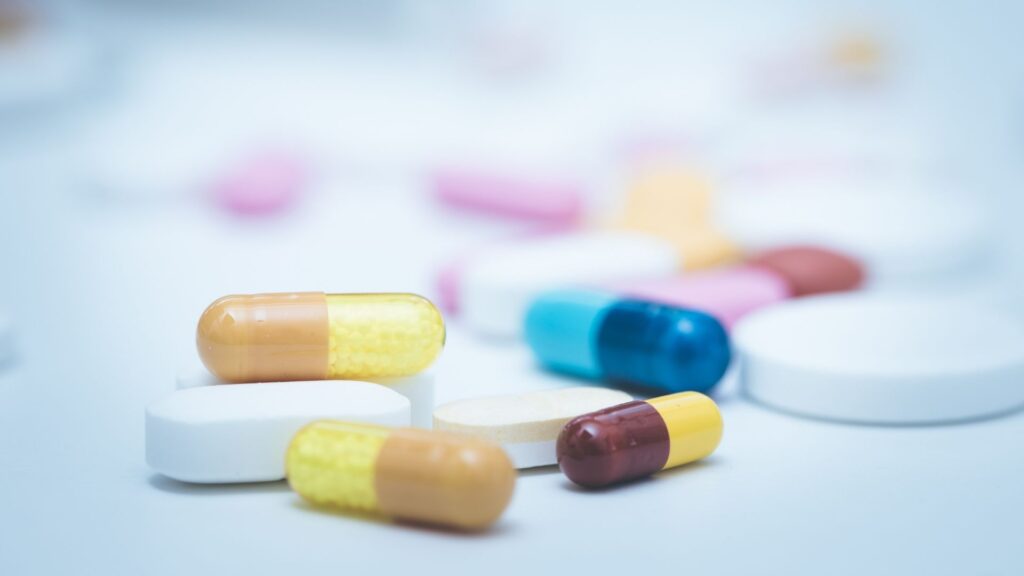
Many medications and everyday household items can be poisonous, including:
1. Medicines – such as painkillers, medicines for diabetes, iron tablets, sedatives, and tablets for the heart and blood pressure
2. Cleaning products – like bleaches, dishwasher powders, oven cleaners, drain cleaners, methylated spirits, and turpentine.
3. Other household products – like essential oils, pesticides, herbicides, some car products, and gardening products.
4. Poisonous plants and mushrooms – The oleander, the datura, and the foxglove are all examples of dangerous plants. There are also some mushrooms and fungi that grow outside that are dangerous.
Different Ways a Child Could Get Poisoned
Sometimes, accidental poisonings can be treated in the home following the direction of a poison control center or your child’s physician. At other times, emergency medical care is necessary.
1. Swallowed Poison:
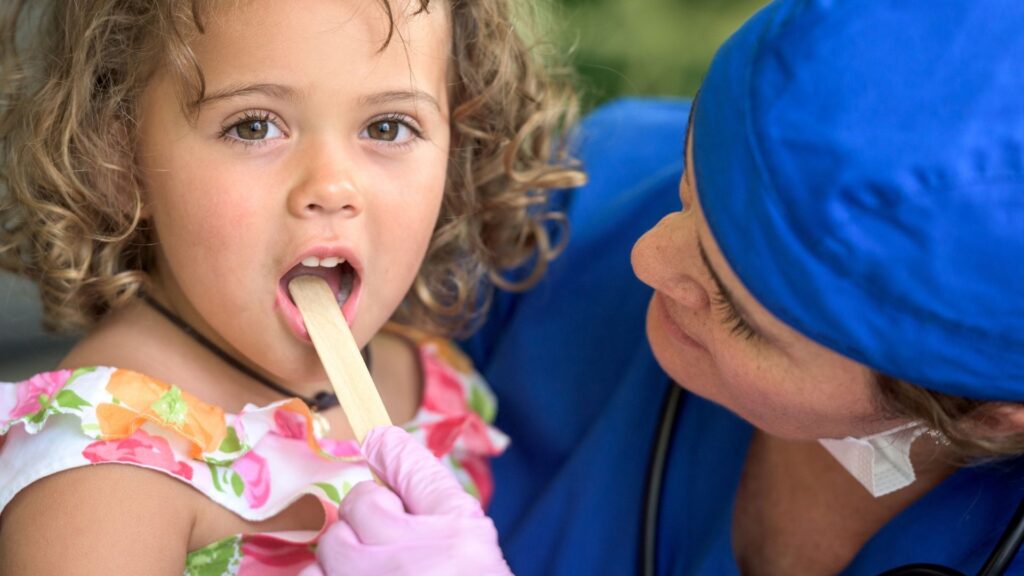
If you find your child with an open or empty container of a poisonous substance, your child may have been poisoned. Keep your cool and move quickly:
- Get the poison away from the child.
- If the substance is still in the child’s mouth, make him/her spit it out or remove it with your fingers (keep this along with any other evidence of what the child has swallowed).
- Do not make the child vomit (your child’s physician or poison control center will instruct you when it is necessary to make the child vomit).
- Do not follow instructions on packaging regarding poisoning as these are often outdated; instead, call your child’s physician or poison control center immediately for instructions.
If any of the following happen to your child call the emergency hotlines right away.
- Sore throat
- Trouble breathing
- Drowsiness, irritability, or jumpiness
- Nausea, vomiting, or stomach pain without fever
- Lip or mouth burns or blisters
- Unusual drooling
- Strange odors on his/her breath
- Unusual stains on his/her clothing
- Seizures or unconsciousness
Take or send the poison container with your child so that the doctor can figure out what was swallowed. If your kid does not have these signs, you should call your local poison control center or your child’s doctor. For them to help you, they will need the following information:
- Your name and phone number
- Your child’s name, age, and weight
- Any medical conditions your child may have
- Any medications your child may be taking
- The name of the substance your child swallowed – read it from the container and spell it
- The time your child swallowed the poison (or when you found your child), and the amount you think was swallowed
- Any symptoms your child may be having
- If the substance was A prescription medication, give all the information on the label, including the name of the drug
- If the name of the drug is not on the label, give the name and phone number of the pharmacy, and the date of the prescription.
- What the pill looked like (if you can tell) and if it had any printed numbers or letters on it.
- If your child swallowed another substance, such as a part of a plant, describe it as much as you can to help identify it.
2. Poison on the Skin
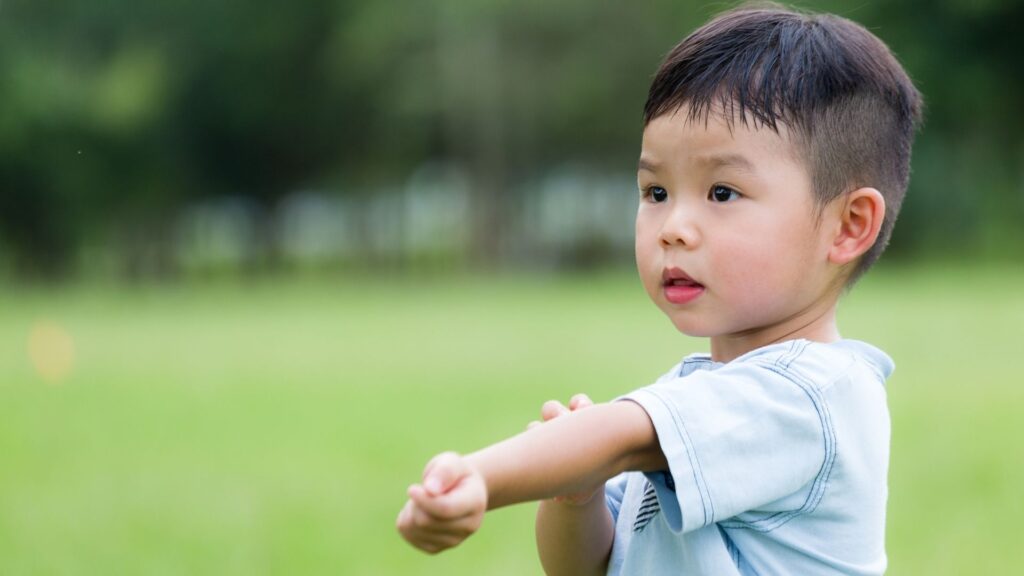
If your child gets a chemical on his or her skin, take off any soiled clothes and wash the skin well with cold water, not hot water. No matter how much your child cries, keep rinsing for at least 15 minutes if the area looks burned or sore. Then, call the poison center and ask what to do next. Do not put ointments, butter, or grease on the area.
3. Poison in the eye(s)
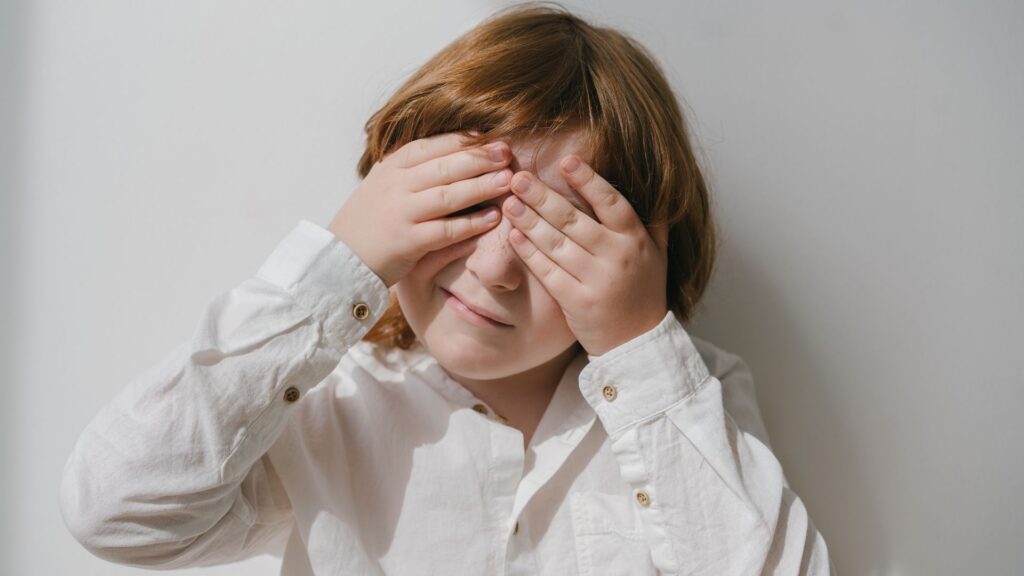
To clean your child’s eye, hold the eyelid open and pour warmed (not hot) water in a small, steady stream into the inner corner near the nose. Let the water run across the eye and out the corner to thoroughly clean the area. You might need help from another adult to hold your child while you rinse the eye, or you could wrap your child tightly in a towel and hold them under one arm. Keep flushing the eye for 15 minutes, then call the poison center to find out what to do next. If the poison center doesn’t tell you to, don’t use an eyecup, eye drops, or the cream.
4. Poisonous Fumes or Gases
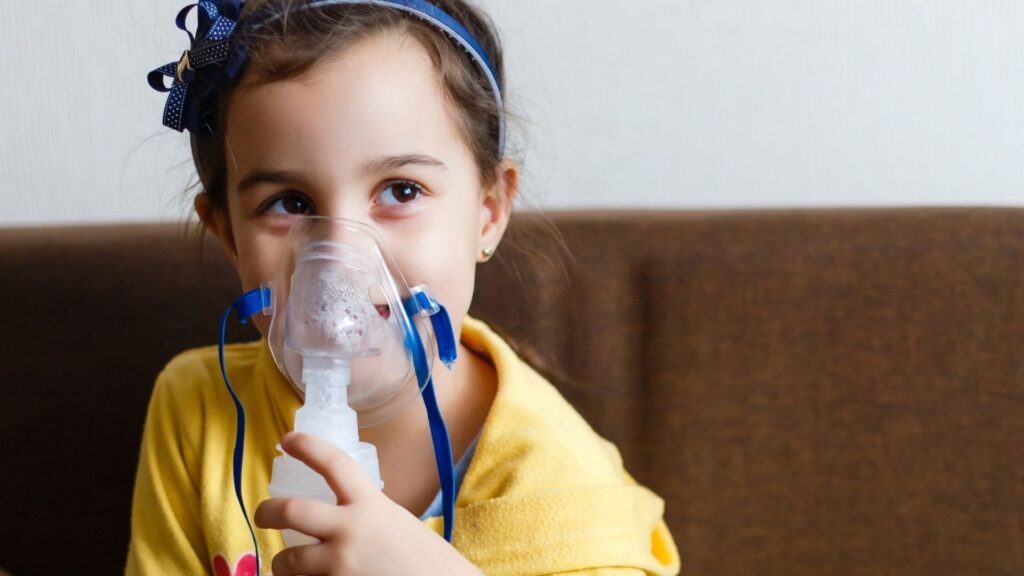
Poisonous fumes may emanate from the following sources in the home:
- A car running in a closed garage
- Leaky gas vents
- Wood, coal, or kerosene stoves that are not working properly
- Mixing bleach and ammonia together while cleaning, which makes chloramine gas
- Strong fumes from other cleaners and solvents
- Fires
Get your child outside right away if he or she is breathing in fumes or gases.
- If your child is breathing without a problem, call the poison center for further instructions.
- If your child is having difficulty breathing, call 911 or your local emergency service (EMS).
- If your child has stopped breathing, start CPR and do not stop until your child breathes on his/her own or someone else can take over. If you can, have someone call the emergency hotline right away. If you are alone, perform CPR for one minute and then call the emergency services.
Prevent Poisoning
You can protect yourself and your children from potential poisoning by taking a few simple precautions. More Importantly, hazardous substances need to be always kept out of the reach of children.
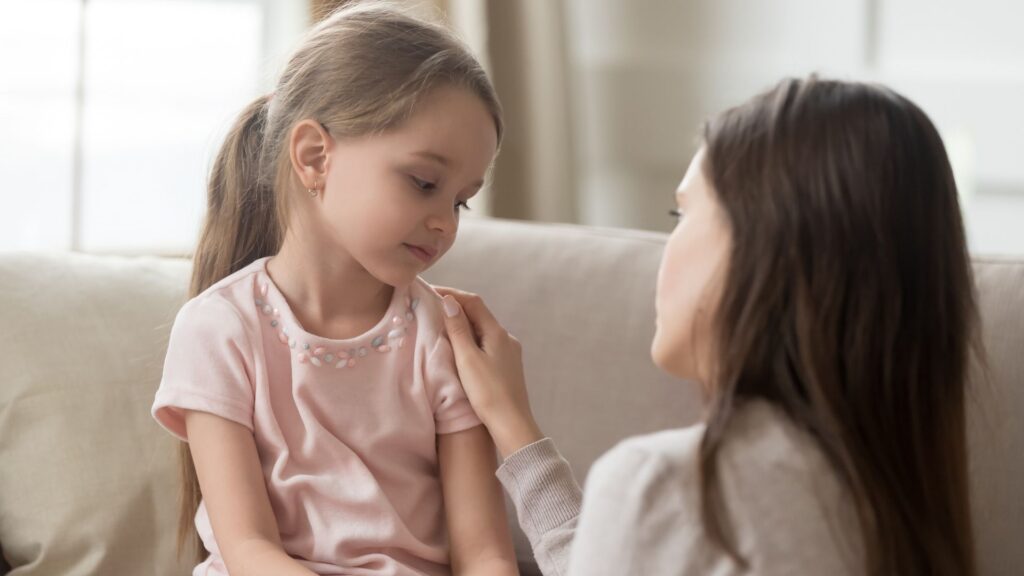
- Make sure all medicines, cleaning products, chemicals and potentially harmful cosmetics, such as nail varnish, are locked away out of the sight and out of reach of children
- Do not store medicines, cleaning products or chemicals near food
- Keep all chemicals in their original containers and never put medicines or chemicals, such as weedkiller, in soft drinks bottles
- When encouraging children to take medicine (when they’re sick), do not refer to tablets as sweets
- Do not leave old medicines lying around – take them to your local pharmacist to dispose of safely
- Keep cigarettes (including vaping equipment and supplies) and tobacco out of the reach of children and do not smoke in front of children
- Button batteries, such as those used in watches and also found in greeting cards that play a tune, can be easily swallowed, so keep them and the devices that use them out of reach of children
- Some plants can be harmful to children so keep a careful eye on them when they are in your garden or outside in an area where plants grow
- “Tide pods” (small capsules of detergent or liquid washing powder) are both dangerous and easily swallowed – keep on a high shelf or similar where young children cannot get to them
- Whenever possible, buy medicines that come in child-resistant containers
- Rinse out medicine or cosmetic containers and dispose of them in a place where children cannot reach them
- Do not take or give medicines in the dark, to avoid taking an incorrect dosage
If you have young children, you should exercise particular caution when hosting guests or traveling to the homes of others. Your friends and family may not be as child-proof as you’d like them to be if they don’t have kids of their own. Make sure your guests know to keep all harmful substances, including alcohol and cigarettes, out of the reach of your children at all times.